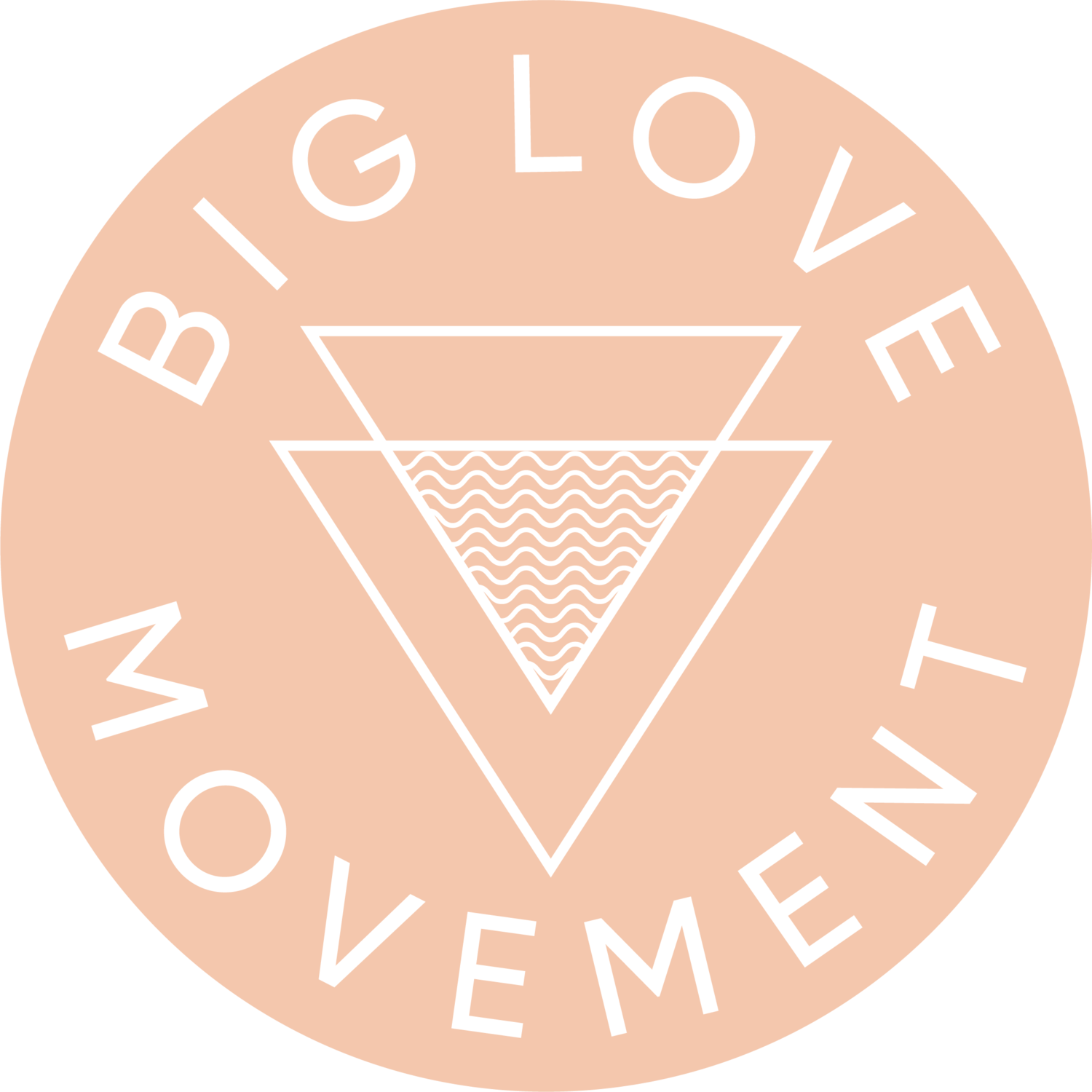Stress is a jittery creature called Stacey, that lives in my legs…
How stress shows up and learning to recognise and respond to your stress signals.
When stress shows up for me, or should I say “in” my body, it’s like a jittery creature that lives in my legs; a surge of energy pulsating down my thighs and calves. More often it appears as a bubble tucked under my ribs like indigestion or a tender swollen ball in my belly…
When Stacey surges her electric pulse through my legs I’m in full-on fight/flight mode, there’s no freeze with Stacey, she wants me to run, kick and scream my way out of whatever danger I’ve found myself in. However, more often than not (and Phil can vouch for this) that danger will be me standing in my kitchen on a normal day with my thoughts on overdrive telling me “I am failing, I am wasting my life, and I am not good enough!”
If I look back, (isn’t hindsight a wonderful thing) the bubble of fear will have settled itself under my ribs a day or two before, and I would have felt the bloating in my belly from the moment I woke up and scrolled through Instagram or checked my inbox and found a work email I hadn’t wanted to read yet…
Stacey is my body’s last resort, the ultimate response to the rising stress I’ve been living with, in my body. She’s the one who will get me out at all costs.
But what is the cost?
Firstly, the cost of living with stress as a constant in your life has extremely high risks for your health and well-being, it can be fatal, after all, stress is supposed to be a short-lived experience we move through. The cost of not noticing when your body shifts into an unhealthy level of stress, and not being able to rebalance or complete the stress cycle can lead to stress being a long-term resident in your body.
Stacey doesn’t do things gently, she does what is necessary to release the charge that’s built up in my body.
Stress is an everyday process your body is built to flow in and out of, naturally, the problem is we can end up spending more time there than our bodies would like us to.
How does stress physically manifest in your body? Get curious…
The word stress has many negative connotations but in essence is the active, high alert and “ready for action” phase your body moves into when you need to get out of bed in the morning, get the kids ready for school, have a deadline looming, or are feeling under pressure at work.
You’ll also experience similar symptoms when you’re applying for your dream job, going on a first date, having an exciting opportunity ahead, or training for the marathon. This is the healthy side to stress, the beneficial kind, it’s called eustress.
Your body responds to your environment and the experiences you have whether they may be stressful or moments of excitement and joy, and those messages are sent directly to your nervous system so it can shift gears.
The autonomic nervous system is a network of nerves that are responsible for regulating unconscious, or involuntary body functions such as heartbeat, blood flow, breathing, and digestion. (NOTE: Your body sends more messages to your brain than your brain sends to your body! These will be your most obvious stress signals)
Learning to notice and therefore recognise your body’s signals allows you to consciously and compassionately respond to what you’re feeling and rebalance rather than unconsciously reacting to the situation you are in.
React vs respond…
There’s a big difference.
Responding to the signals your body gives you is conscious and intentional but most importantly, it is about responding with compassion and helping yourself shift back into a state of equilibrium; homeostasis.
The fight or flight response is an automatic physiological reaction to an event that is perceived as stressful or frightening. It could be a car driving too fast as you’re walking across a road, or an email from your boss at the top of your inbox.
The perception of threat activates your sympathetic nervous system and triggers an acute stress response that prepares your body to fight or flee. Getting out of the way of the fast car and running to safety makes sense however an email from a scary boss can trigger a very similar reaction in your body.
Not all stress will be life-treating your last stressful experience might have involved your work, family or your thoughts alone, however, your body has a job to do; to keep you safe and your flight/flight response is how your body naturally does this.
If your life isn’t in true danger, for example, you’re at work or focusing on a deadline learning to recognise your body’s signals will help you rebalance and shift your stress symptoms into a more positive and beneficial energy. (NOTE: This will also help you avoid long-term stress which leads to burnout!)
If you’re experiencing feelings of stress whilst lying in bed trying to get some sleep, noticing what those symptoms are can tell you how to help yourself relieve those symptoms and rebalance so your body can rest (restore homeostasis).
So, what are your stress signals; how does your body signal to you that you are stressed?
What do you experience in your body?
What do you experience in your body?
Where do you feel those sensations?
How do you feel?
What are your thoughts? Do your thoughts change?
How do you behave?
Understanding how stress shows up and appreciating how it impacts your body invites a deeper level of self-awareness helping you embrace your wobbles and live your life with more connection and balance.
The key points to remember…
Stress isn’t always unhealthy, it is a natural and manageable part of life when you get to know it better and can be beneficial.
Stress is supposed to be a short-lived experience.
Stress responses are automatic and natural processes that happen in your body.
Recognise: How your body responds to stress; your unique stress signals.
Respond: Change how you’re breathing, moving, and thinking to help your body and brain shift to a different and more pleasant experience.
Rebalance: What do you need? Apply trusted techniques and tools to support yourself.
I want to help move through stress with compassion, my friend.
This is why I’ll be hosting an abundance of self-care sessions through April and May to help you reconnect to your body and sustain a healthy mindset and wellbeing in your daily life.
Big love my friend,
Becki x
‘Movement is Medicine’, a wellness workshop of yoga and mindfulness help you reconnect to your body and learn simple ways to use movement as a tool to ease symptoms of low-level anxiety and enhance your capacity to move through stress with more ease and self-love. Monday 19th June. Book your space here!




